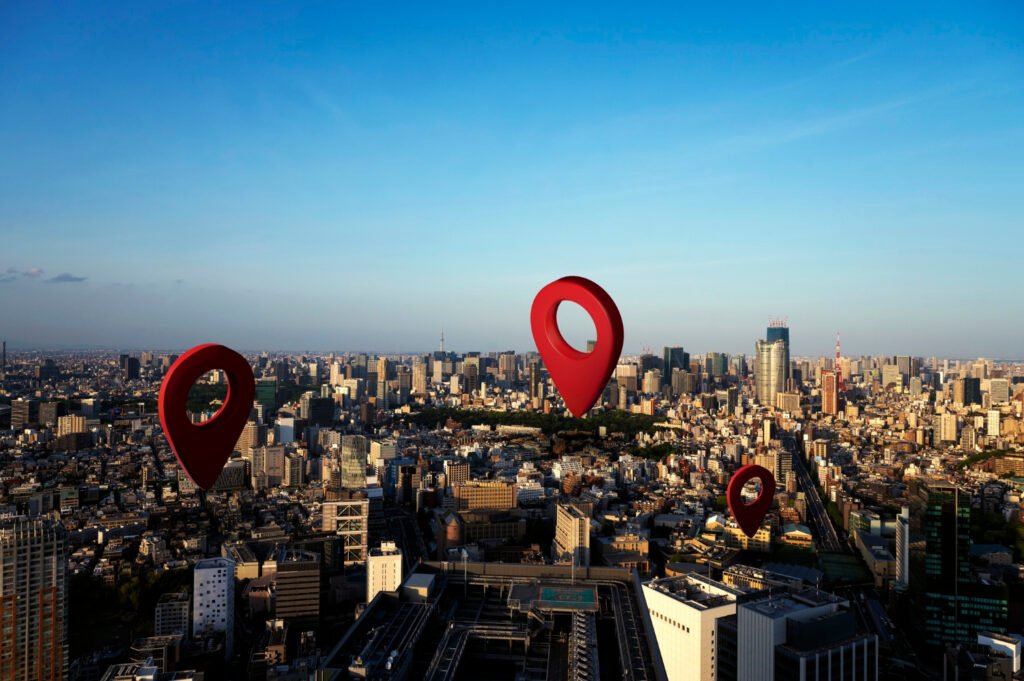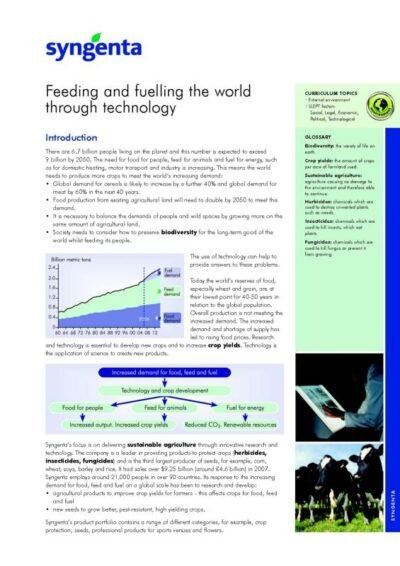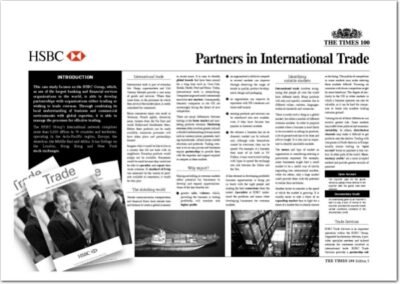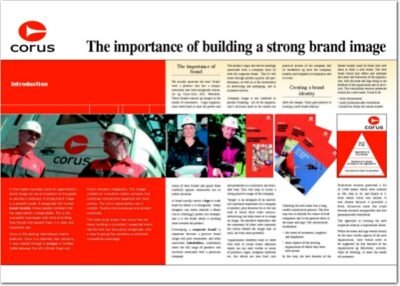
The location of a business is where it is situated e.g. in Central London, Silicon Valley, etc. Where to locate a business is a crucial decision because this will have an important impact on profits. Typically businesses will seek locations that maximise revenues and minimise costs.
High revenue – Low cost = High profit.
In the course of time, there are a number of push and pull factors drawing firms towards certain locations and away from others.
Push factors include
Rising competition in an area, rising costs, poor communications systems, falling demand.
Pull factors include
Government incentives, low labour costs, good communication systems, and developing markets.
Factors influencing the location of industry in this country have changed over time.
- Manufacturing industries often needed to be close to sources of raw materials, transport links and markets. The manufacturing industry became increasingly less significant in this country during the twentieth century to be replaced by service industries as the driving force behind the economy. Services to people and businesses typically need to be located near centres of population – e.g. cinemas, insurance, banking, retailing, etc.
- The development of the Internet since the mid-1990s has meant that business generally is less tied to centres of population. Online banking and insurance for example can be conducted online using web based and telephone communications. Call centres that serve these service industries do not have to be located in urban centres anymore – so many jobs have been relocated where labour costs are lower e.g. Northern Ireland, Scotland, etc. There has also been a growing trend to outsource service work overseas to countries like India.
In choosing a business location therefore firms need to weigh up the following range of push and pull factors:
- Closeness to market. This is the case with fresh produce – so that for example, many supermarkets operate their own bakeries.
- Communications links. Transport is an important factor supporting access to markets. Modern companies also need to locate where they have access to excellent information technology links.
- Closeness to raw materials. Locating close to the raw material supplies can reduce where raw materials are heavy and large quantities are used up in production costs. This is particularly true for industries like steel, which uses large quantities of iron ore in the production process.
- Availability of appropriately skilled employees. Some industries rely heavily on a highly skilled workforce. In contrast, other industries that require cheap labour will seek locations where there are a lot of people looking for work that are prepared to accept low wages.
- Opportunity for waste disposal. Waste is an important side effect of modern industrial processes. Firms that produce a lot of toxic material (e.g. some chemical plants) will seek to locate where there are facilities available for recycling and safe disposal of their products.
- Availability of power supplies. Energy supplies can typically be found in most parts of the UK – e.g. electricity pylons and cables. Large firms are able to negotiate bulk discounts when they purchase power from energy retailing companies. Being able to negotiate a good deal in a particular location might be influential as a locational factor.
- Availability of land is increasingly important today. The land is becoming increasingly scarce particularly in urban locations, forcing rental prices up. Property prices are particularly high in major city areas such as Central London and Birmingham. Companies like Land Securities are developing new sites that are suitable for modern businesses to locate.
- Government incentives are important in reducing the costs of locating in certain areas. These incentives are in effect subsidies provided by European Regional Funds (from the European Union) and by the UK government.
A footloose business – is the term used to describe a business that is not tied down by particular locating factors. It can more or less be set up anywhere.
Industrial inertia – describes a situation where a business sets up in a particular location and then the original factors that led it to locate there become no longer significant – but the firm does not move.
 Feeding and fuelling the world through technology (PDF)
Feeding and fuelling the world through technology (PDF)  Tesco A3 ePoster Edition 15 "Motivation theory in practice at Tesco"
Tesco A3 ePoster Edition 15 "Motivation theory in practice at Tesco"  Partners in international trade (PDF)
Partners in international trade (PDF)  The importance of building a strong brand image (PDF)
The importance of building a strong brand image (PDF)  Using teamwork to build a better workplace (MP3)
Using teamwork to build a better workplace (MP3) 